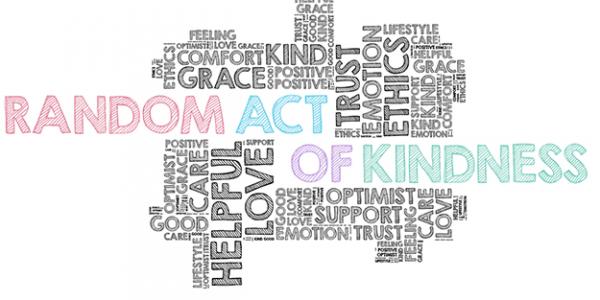
What Not to Say
Words are powerful. We should not be careless with them; yet we fling them around like so much confetti. My darling dad died last week. I am in pieces but my heart is broken into yet more fragments every time somebody says to me, “It’s for the best. He was ninety. His time had come.”
And so I must nod my head and agree that yes, it is for the best because to say otherwise would sound selfish, even callous. Whereas, in truth, I want to cry, “Whose best? Certainly not mine.”
None of those people knew my dad so all they could see was a number; ninety. Days before he died, he was emailing, chatting on his mobile phone, watching Sky Sport and listening to his beloved musicals. He wasn’t exactly pleased about being old (for a start, he couldn’t bear old people, saying they were formidably dull) but he bore its indignities with good grace. His mind was sharp as a whip, it was his body that was crumbling around him. “It’s no fun, darling. Do try not to do it.”
So, when people say to me, it was time for him to go, what I want to say is, but what about me? Me, me, me. It was not time for me, I was not ready. Grief is selfish; it sees no sense, at least not immediately. It lives in the heart, not in the head, and until our hearts settle, our minds will not ease from sorrow. We must be allowed to grieve, and a careless remark – however well intentioned – has the opposite effect. It forbids us from any true expression of pain, and so it turns inwards, increasing our agony and loneliness. When somebody is gone, truly gone, the sense of loss and being utterly alone is intense. We need the comfort of consoling words, a hug and some expression of regret or sadness. We need to listen to people’s sadness, not shut them up and minimise their grief with pat clichés.
The worst is that cheerful dismissal, “He had a good innings” as if age is time spent on a cricket pitch, wielding a bat against the decades. Seriously? It’s daft. Yes, my dad was ninety and, yes, of course I knew that it was not long before he would have to leave, but that does not diminish my grief. Across all those years, I’d grown accustomed to his face.
There are times, of course, when watching somebody we love suffer terrible pain becomes a prayer for their release, a hope they will slip gentle into that dark night. But to say to somebody, “It is better this way,” is the failure to acknowledge terrible loss.
A dear friend of mine died from cancer and her daughter stood at her funeral, white faced, as person after person took her hand, murmuring that her mother was now free from pain so it was “for the best” and that “it is better this way.”
Eventually, she stepped away and said, in a low voice, “Best? Better? I have lost my mother and you think that is better?” A hush fell as people grappled for words, embarrassed and confused, until a woman stepped forward and took her in her arms and allowed her to cry, which is what she needed to do. So, yes, those clumsy words of comfort are well-intentioned and well meaning, except they have no meaning. Which is why we must choose them carefully and not follow some proscribed script.
Death confuses us. It is a reality that we are never – and never can – be prepared for. We simply don’t know what to do with it even though it is the one thing that is an absolute certainty. Really, there are no words for it, at least not in the sense of any profundity, so keep it simple. “I am sorry,” does very well. Even better is a hug. But my favourite, in these recent days of grief, came as a text from the estate agent who is selling my house. “I hope you’re okay. Is there anything you’d like me to pick you up from the shops?”
Now that is what I call comfort.
DISCLAIMER: The views, opinions and information expressed in this article and on Victoriahealth.com Ltd are those of the author(s) in an editorial context. Victoriahealth.com Ltd cannot be held responsible for any errors or for any consequences arising from the use of the information contained in this editorial or anywhere else on the site. Every effort is made by the editorial and content team to see that no inaccurate or misleading information, opinion or statement appear, nor replace or constitute endorsement from medical bodies or trials unless specified. Victoriahealth.com Ltd accept no liability for the consequences of any inaccurate or misleading data, information, opinion or statement. Information on Victoriahealth.com Ltd and in the editorials is provided for informational purposes only and is not intended as a substitute for the advice provided by your physician or other healthcare professional. You should not use the information on this website or in the editorials for diagnosing or treating a health concern or disease, or for the replacement of prescription medication or other treatment.